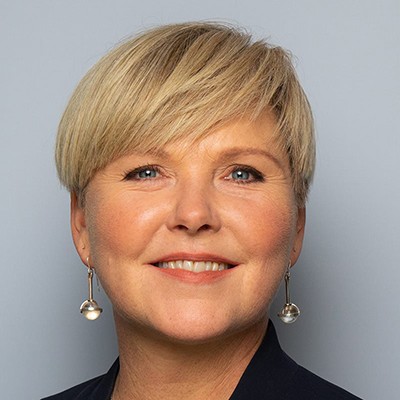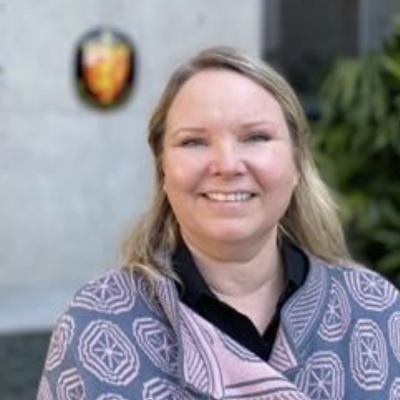Legacy Session - From Oslo to Durban: 25 years of continuous and increasing commitment to end child labour
Legacy Session - From Oslo to Durban: 25 years of continuous and increasing commitment to end child labour
There is significant history to look back on when it comes to the global movement on the elimination of child labour. Leading up the 5th Global Conference on Child Labour, the previous Global Conferences were the Oslo International Conference on Child Labour (1997); The Hague Global Child Labour Conference (2010); the III Global Conference on Child Labour in Brasilia (2013) and the IV Global Conference on Child Labour and Forced Labour in Buenos Aires (2017).
Each Global Conference had a specific Outcome Document such as The Hague Roadmap, the Brasilia Declaration, and the Buenos Aires Declaration. The Outcome of each Conference was distinct and responding to the needs of the time. Each Conference had its own highlights, flavour, and thematic areas they focussed on.
The 5th Global Conference on Child Labour has a strong focus on how to revigorated and increase the possibilities of reaching SDG Target 8.7, in particular, regarding child labour elimination in all its forms by 2025. This is, at least, explained by the recent increase of child labour, vis-à-vis the previous Global estimates in 2016; as well as by the current increased difficulties generated by the COVID-19 pandemic to reaching Target 8.7 in 2025.
Throughout this week, panellists discussed important topics, such as the transition from the informal to the formal economy; the generation of employment and decent work for the prevention, recovery, peace, and resilience with respect to crisis situations arising from conflict and disasters and climate change.
This important event will take up the main points that have been discussed during the conference and will embed them into the rich history of the Global Conferences on Child Labour. It will emphasize how we can learn from past experiences and strengthen collaboration to accelerate action to end child labour once and for all.











